We have much more to do and your continued support is needed now more than ever.
NWF Naturalist Offers Bear Encounter Tips
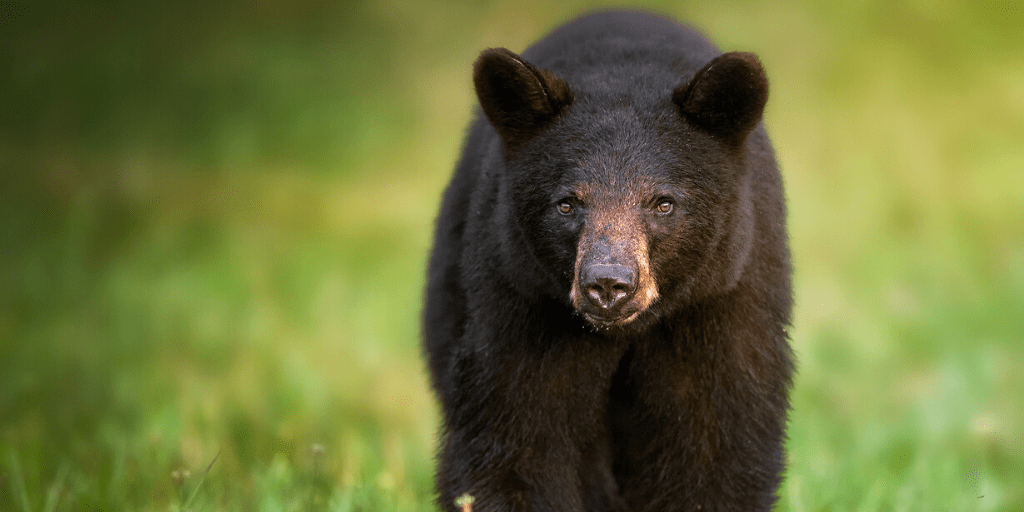
Encounters with black bears have been making the news lately, both in wilderness areas as well as closer to home in suburbia.
National Wildlife Federation Naturalist David Mizejewski was interviewed on CNN’s Headline News Network and offered these great tips on avoiding conflicts with black bears when you’re outside enjoying nature:
Be Bear Aware
Be aware. Black bears can adapt to rural and suburban areas surprisingly close to even big cities. Knowledge is power so do a little reading up on the local black bear population so you know if they’re in your neighborhood.
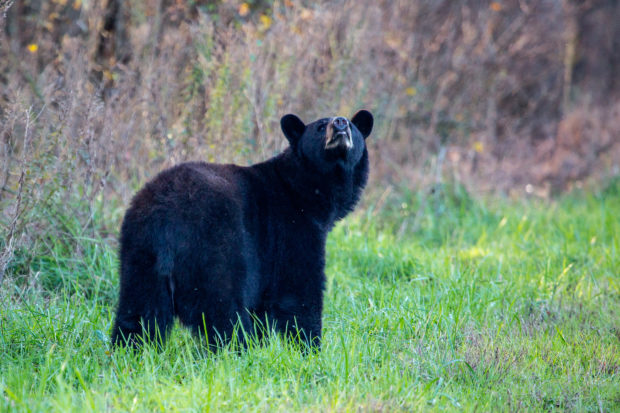
Make Noise
If you’re hiking in areas with black bears, make some noise by talking loudly or clapping your hands periodically to alert bears to your presence. Black bears typically flee from humans when they hear us, and this will help eliminate the chance of a surprise encounter.
Do Not Run
If you do encounter a black bear, chances are it will bolt. If not, face it and make noise to make sure it sees you, and then slowly back away. Do not run, which could trigger the bear’s predatory instinct to chase you.
Stay Away From Cubs
If you see a black bear cub, exit the area. You don’t want to run into a protective mother bear.
Bear-Proof Food
When camping, store any food in bear-proof containers at least 100 feet away from your camp, or hang it from a rope from a tree branch too small to support the weight of a bear (black bears are excellent climbers) at least 15-20 feet off the ground. Do not store food in a vehicle; black bears can easily smash the window glass and get in.
Don’t Feed the Bears
If black bears are eating out of your bird feeders at home you need to take them down. Bears are smart and opportunistic and will take advantage of high-calorie food like birdseed, especially in the fall when they are trying to fatten up for their winter sleep.
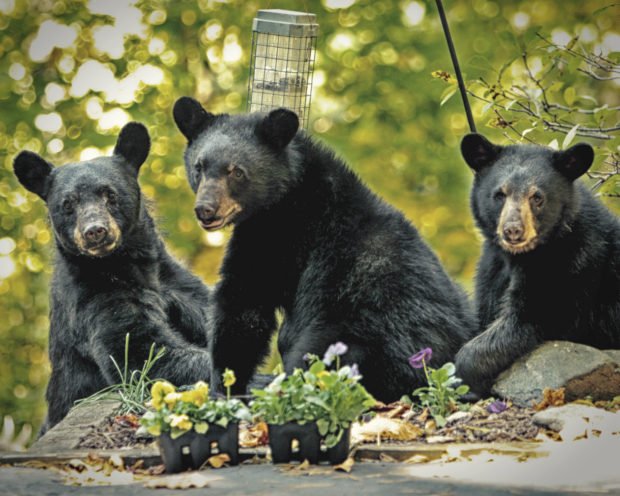
The birds won’t suffer; they only use feeders to supplement the natural foods they find in the landscape. (With that in mind, be sure to fill your yard with native plants that offer birds seeds, berries and insects. Our Garden for Wildlife program has great information on how to do this.)
Watch Your Waste
Don’t put your trash cans out until the morning of collection. If you put them out the night before, you increase the likelihood of attracting black bears (and raccoons) to a free meal. If bears are habitually feeding from your trash, consider getting a bear-proof trash can.
Never Approach
Never try to feed or approach a black bear. While they might look cute, they are large, powerful animals that could easily injure you. Feeding bears causes them to lose their fear of humans and associate us with food, which usually ends badly for the bear. A bear that learns that people feed it starts approaching humans, creating a dangerous situation for bear and human alike. The saying “a fed bear is a dead bear” is true. Don’t do it.
These tips will minimize the chances of an encounter with a black bear and give you some pointers on what to do if you do run into one of these furry fellows.
Let us know if you’ve ever encountered a black bear while hiking or in your neighborhood in the comments section below.

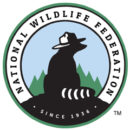
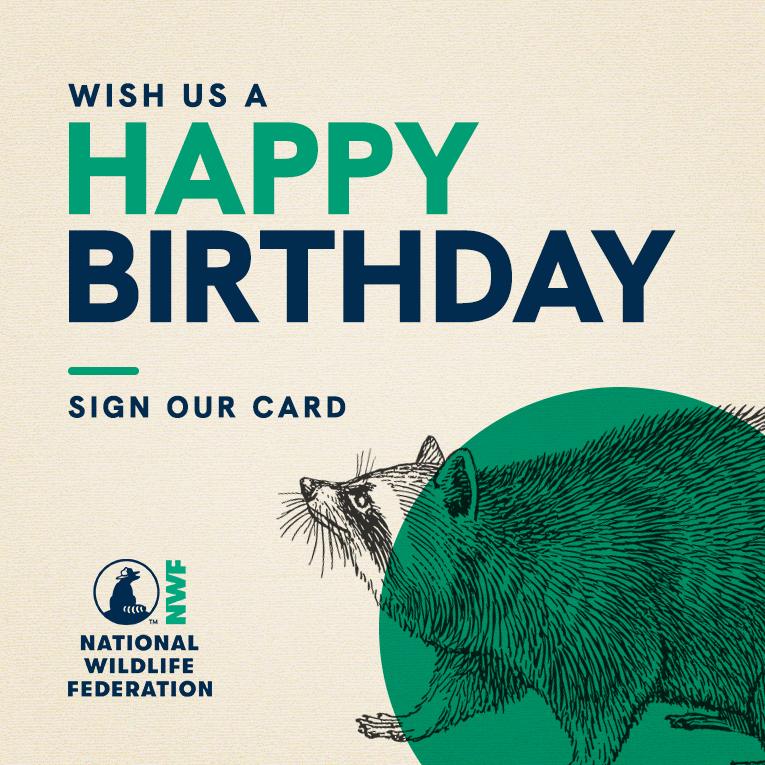



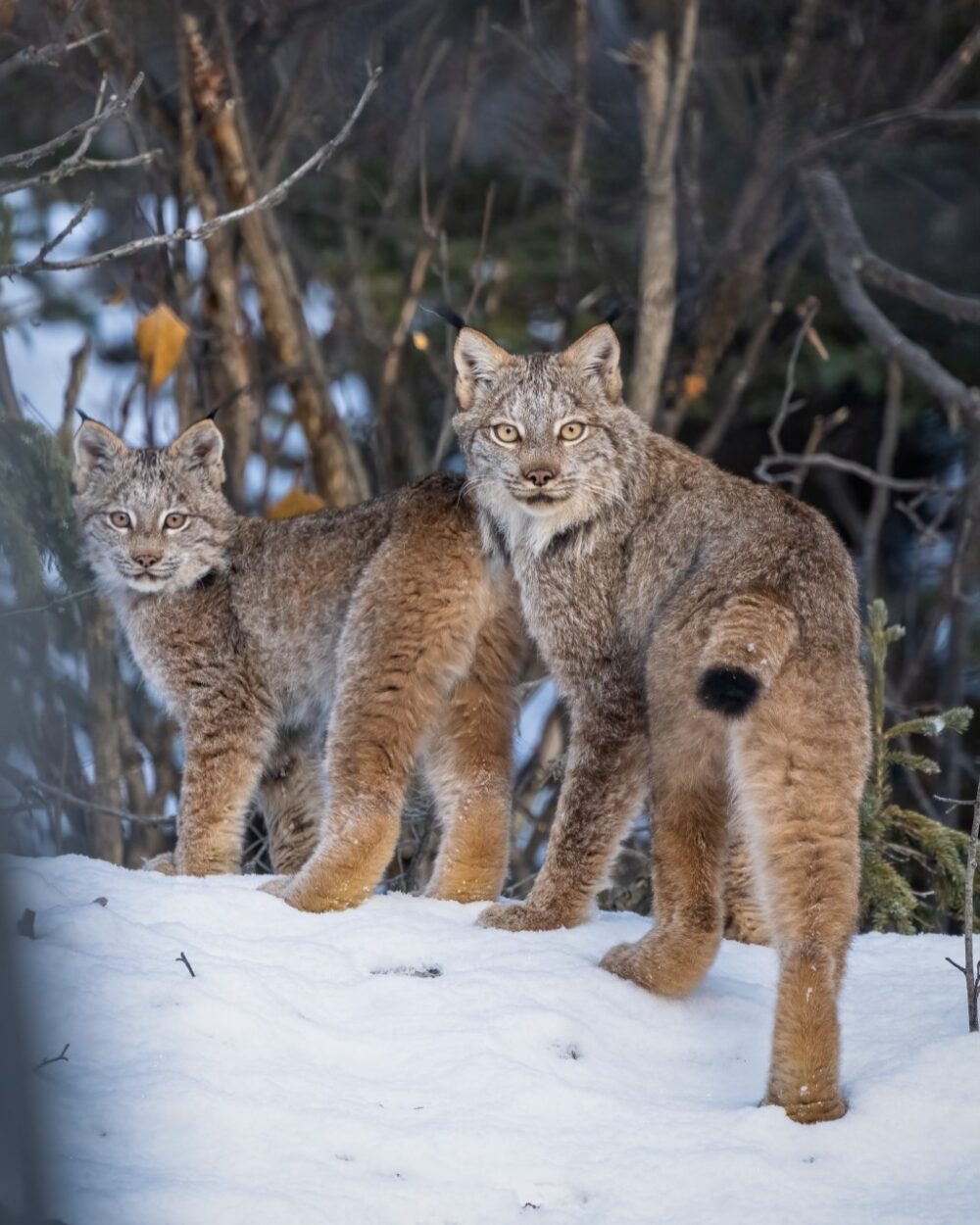

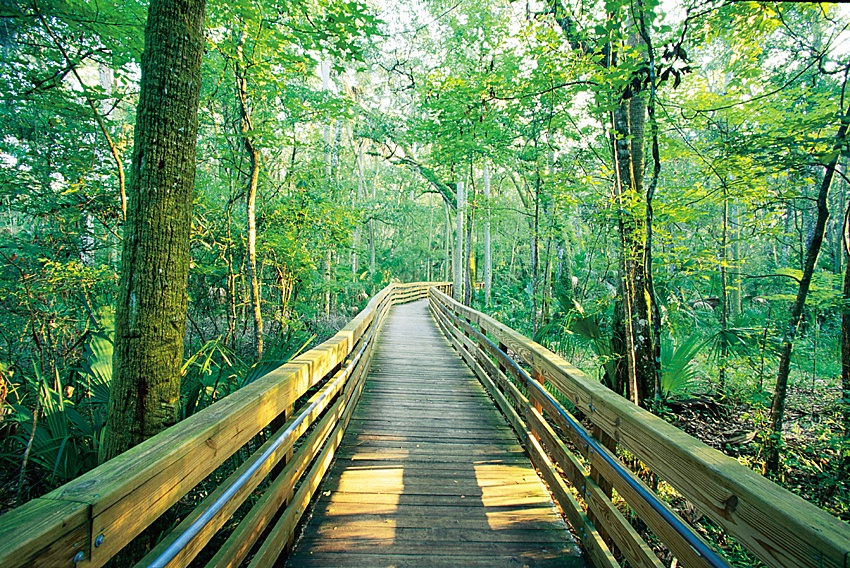
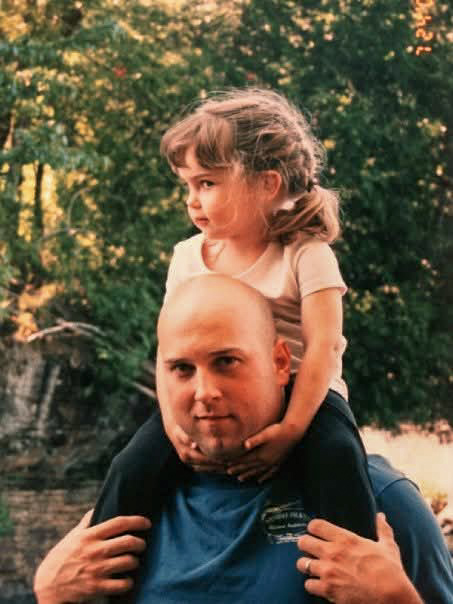


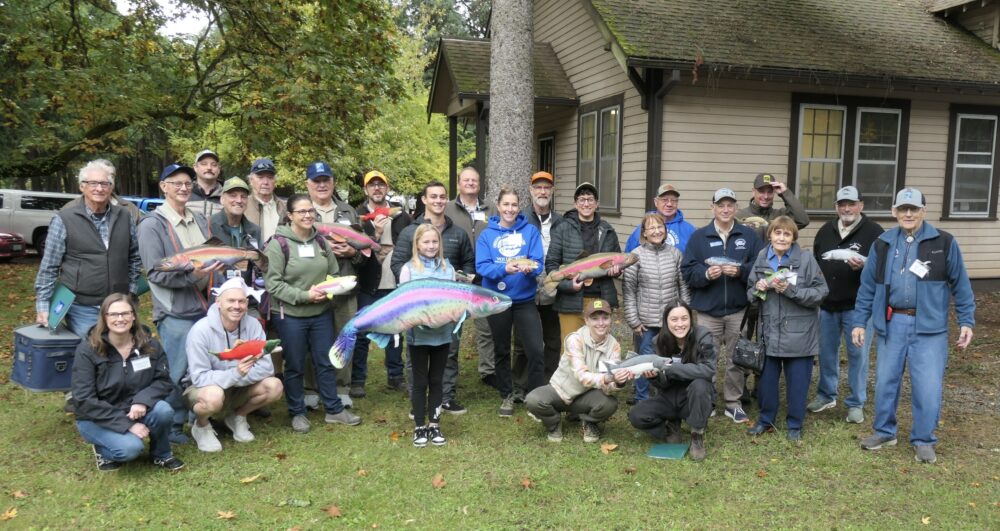



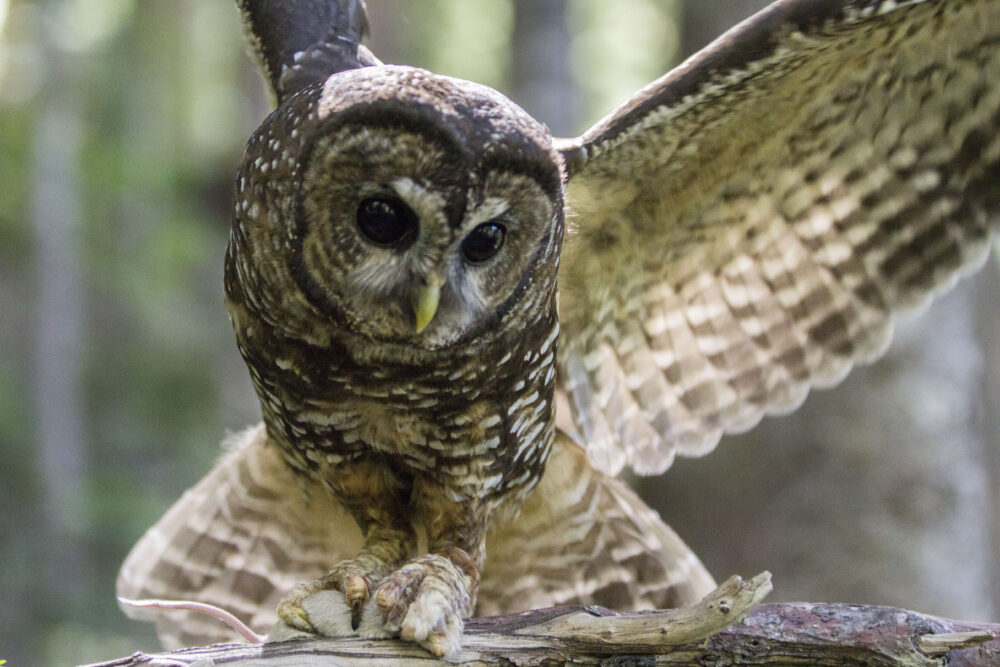
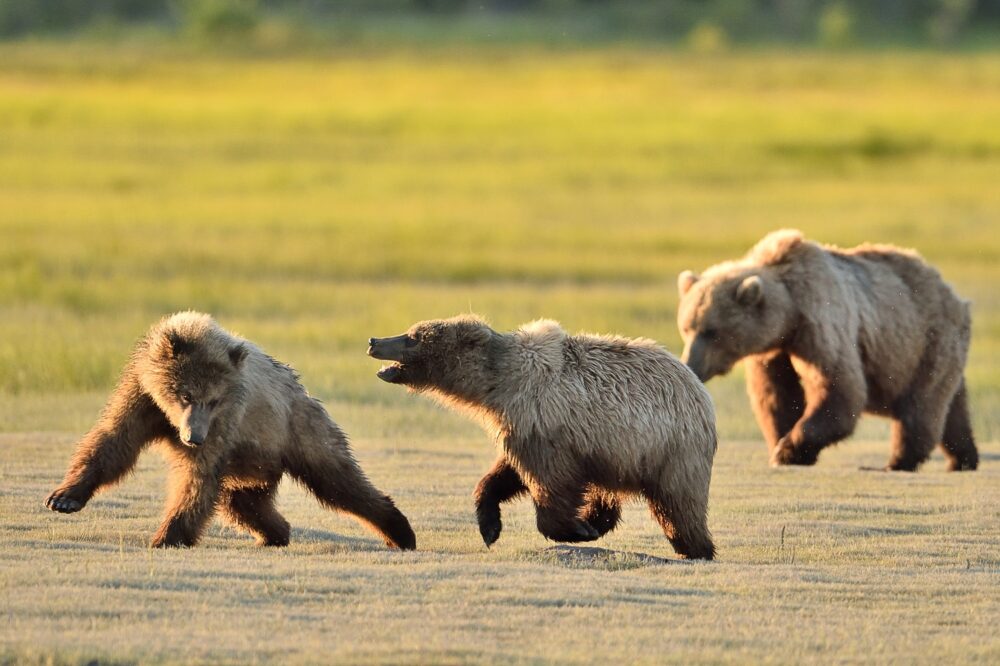
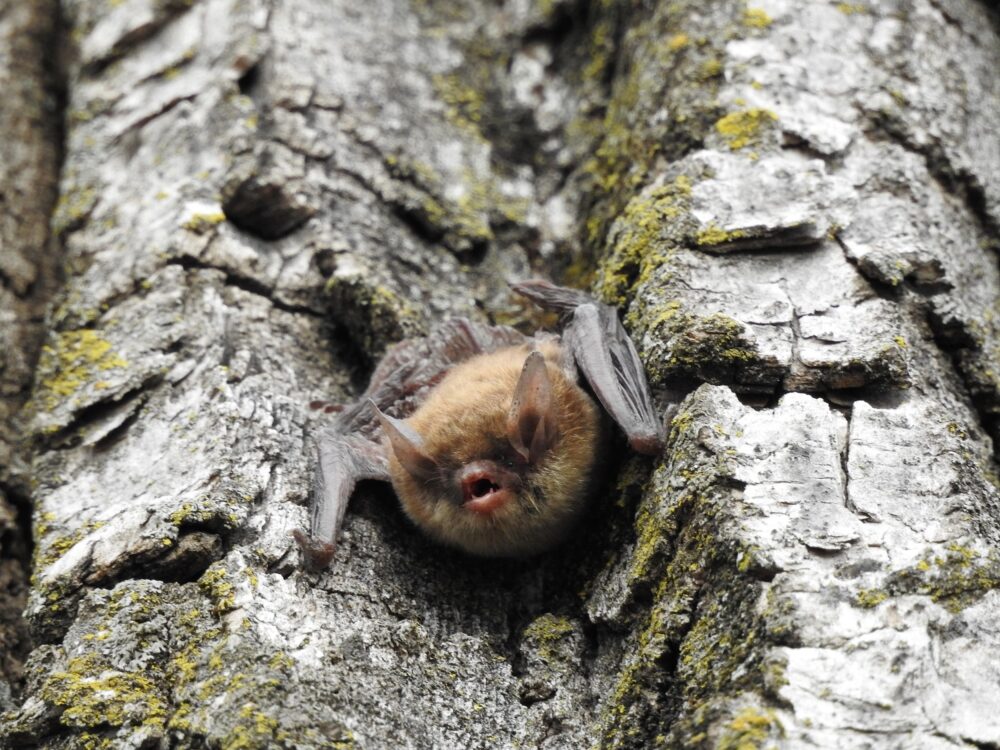



Building Momentum: What’s Next for Beaver Conservation in Colorado